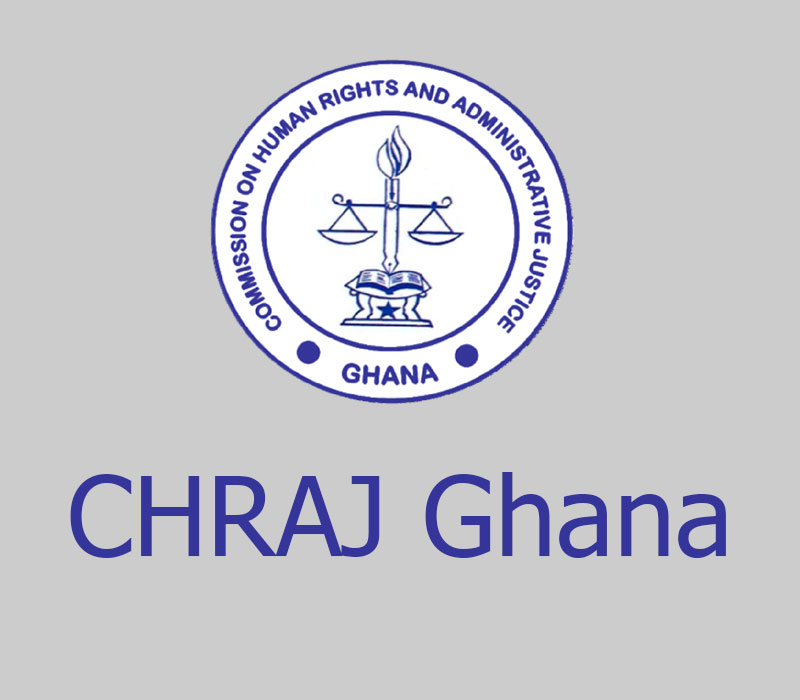The Commissioner of the Commission on Human Rights and Administrative Justice (CHRAJ), Joseph Whittal, has joined calls for the review of the Commission’s mandate to give CHRAJ the opportunity to undertake investigations suo moto.
In the latest Afrobarometer report, it was discovered that majority of Ghanaians were afraid to report acts of corruption for fear that they may be victimized in the process.
According to the Commissioner, when the Commission’s mandate is extended to include ‘suo moto’ investigations, it will open the floodgates for people to complain to the Commission without having to be named.
Again, it will make the Commission more proactive in its anti-graft campaign.
He said this on JoyNews’ The Law while discussing the role of CHRAJ in fighting graft in the country.
“In about 34 out of the 54 Human Rights Commissions in Africa including the ombudsman, the opportunity to undertake suo moto investigations without the need for a complaint by the Human Rights Commission throughout Africa is now the way to go. So if he says that he’s not wrong.
“If the constitutional review commission also recommends that then they’re right. Because we must go beyond the narrow confines of what the framers of the constitution thought of the Commission at the time. Now we’re looking at, is it a vehicle for ensuring that we are able to hold power accountable?
“To make citizens who are otherwise vulnerable and may not be able to bring complaints or even know their rights, the opportunity for their issue to be taken up by the Commission, that is what we should be looking at. And I’m believing that in the hope that in the next opportunity to review the constitution, we should be looking at coming forward,” he said.
Currently the constitution of Ghana in Article 218 (E) states that “the functions of the Commission shall be defined and prescribed by Act of Parliament and shall include the duty to investigate all instances of alleged or suspected corruption and the misappropriation of public money by officials and to take appropriate steps, including reports to the Attorney General and the Auditor General, resulting from such investigations.”







